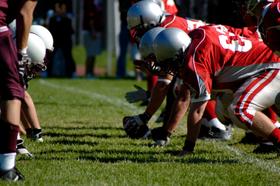The Top 10 Tips for Incoming Community College Students – Updated 2025
Welcome, new community college students (and their advisors and families)! Starting community college in 2025 presents new opportunities—and a few familiar challenges. This guide offers practical, updated advice to help you begin with confidence and clarity.
Why These Tips Matter Now
Today’s students face a balancing act. Over 70% apply for financial aid, but only 58% actually receive support. Tuition and fees at a public two-year college average about $4,050 per year, yet when housing, food, and transportation are included, the total yearly cost is closer to $16,000 (Center for American Progress). Careful planning—and early action—makes all the difference.
Top 10 Tips for Incoming Students in 2025 1. Apply for Financial Aid Early (and Apply Broadly)
Submit the FAFSA as soon as it opens. In 2023–24, only 61% of fall enrollees submitted by the deadline (Education Data Initiative). Missing out means leaving free money on the table. Each $1,000 in aid can raise persistence rates by up to 2%. States like Massachusetts are even considering proposals for tuition-free community college plus stipends (AP News).
2. Know Your Costs Beyond Tuition
Tuition covers only 20% of a student’s budget; housing and food represent more than half of total expenses. Books, transportation, and childcare can also add up. Use your school’s Net Price Calculator to estimate your true cost of attendance.
3. Attend Orientation and Meet Your Advisor
Orientation


































